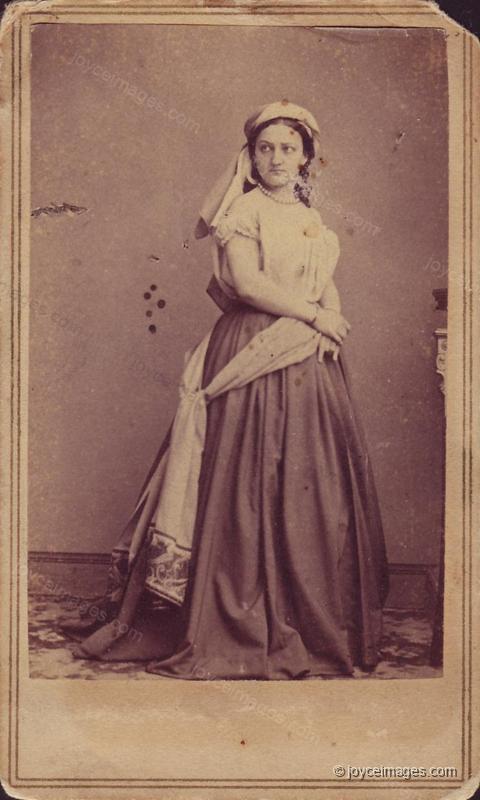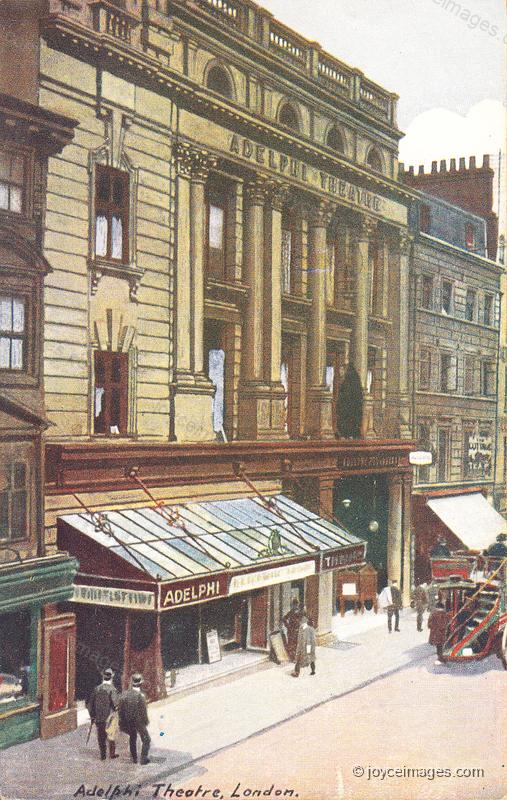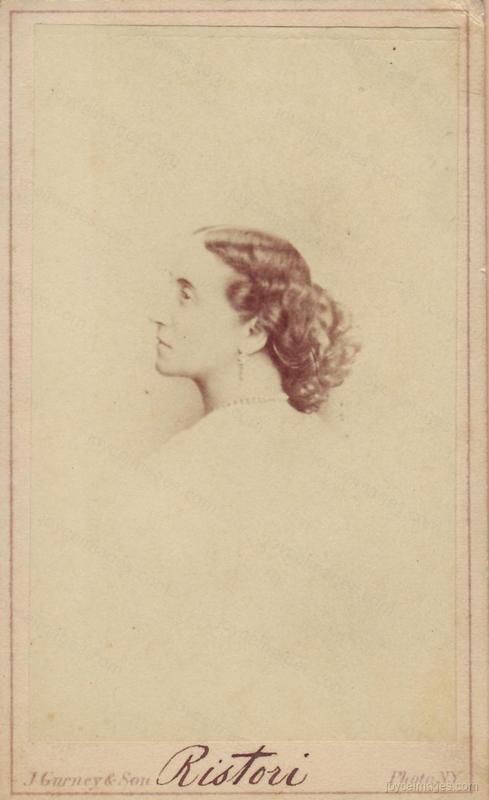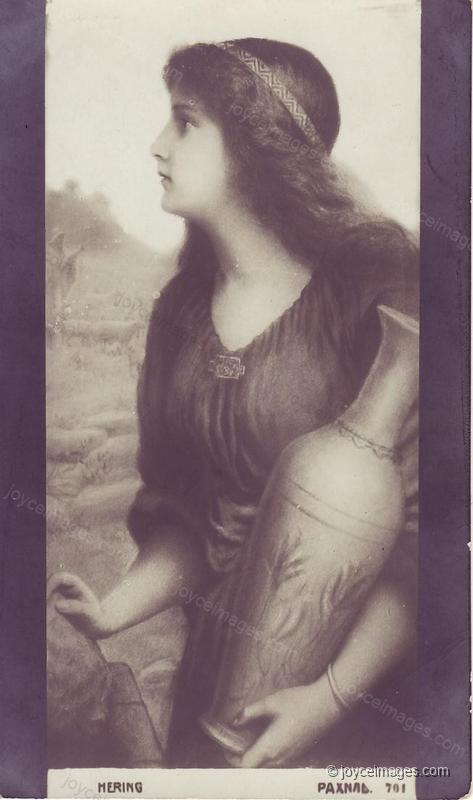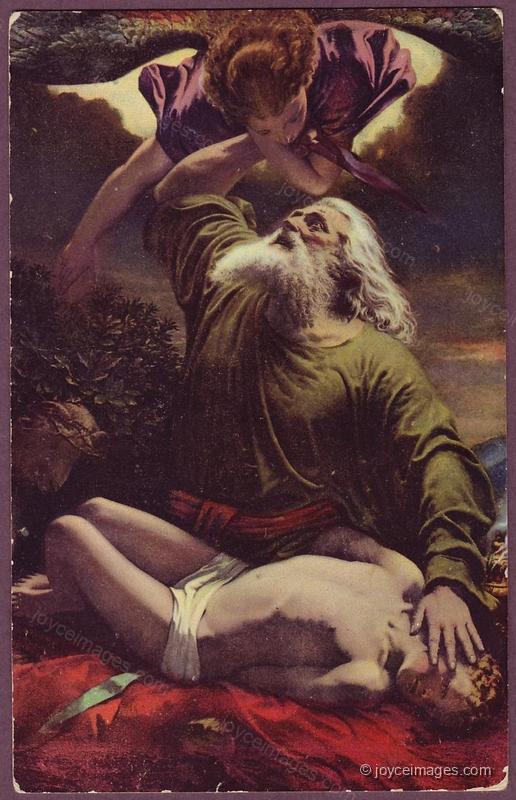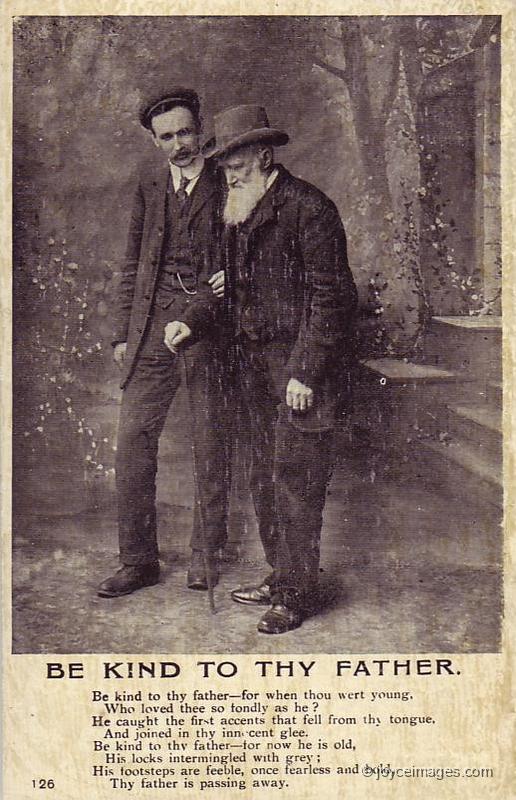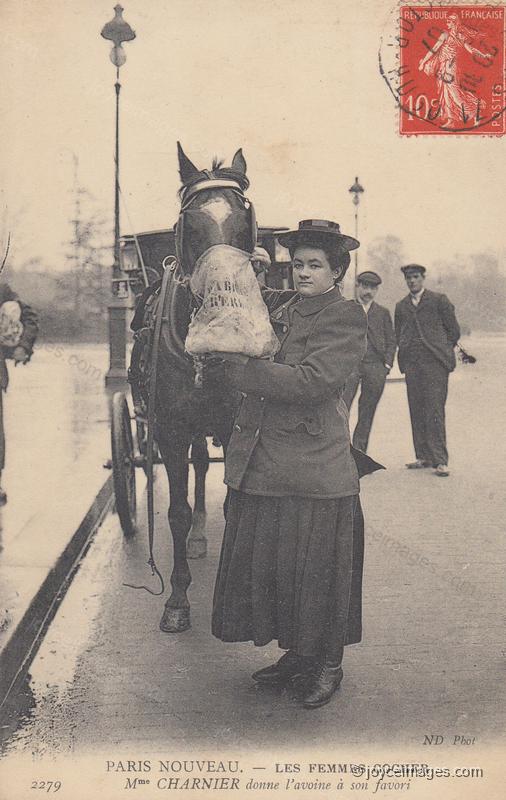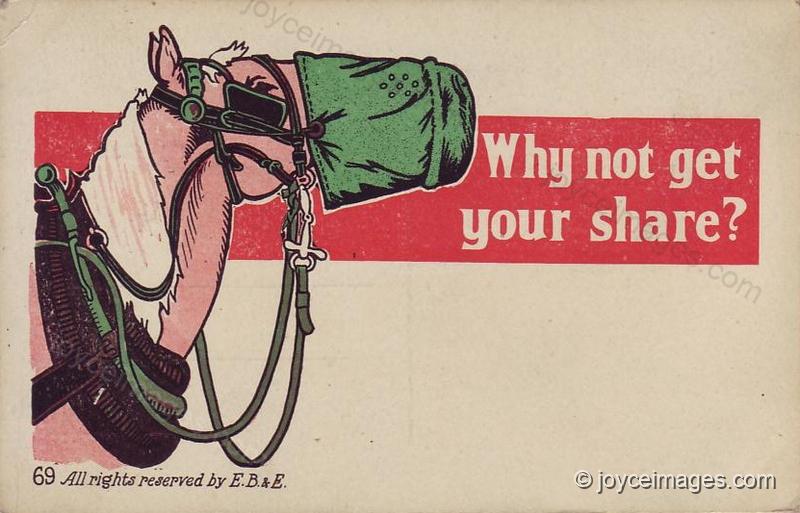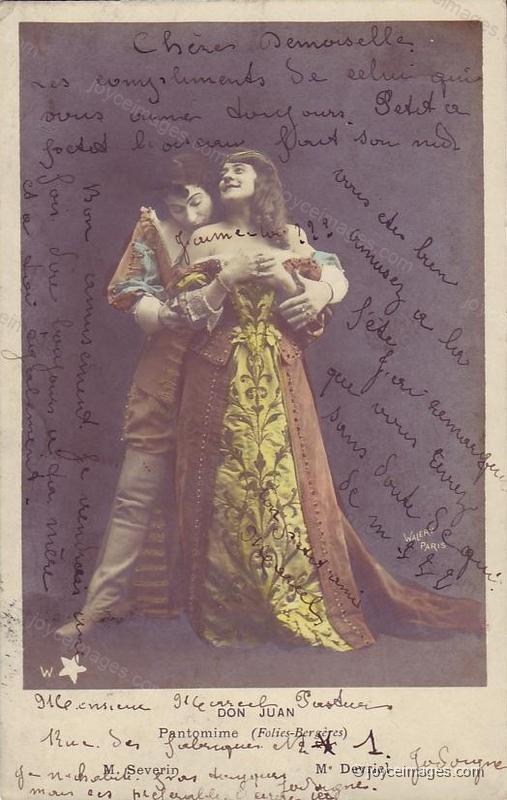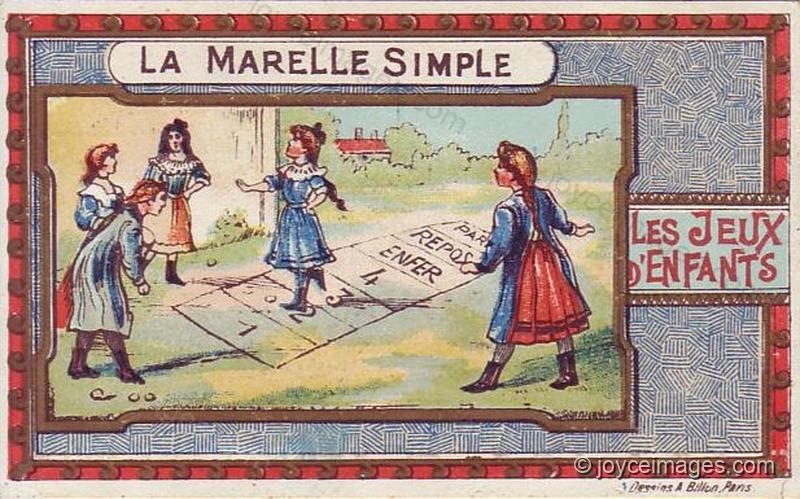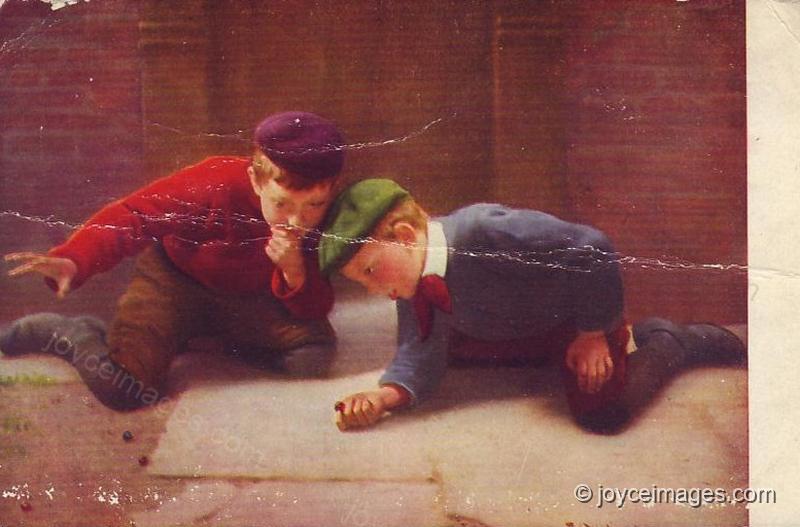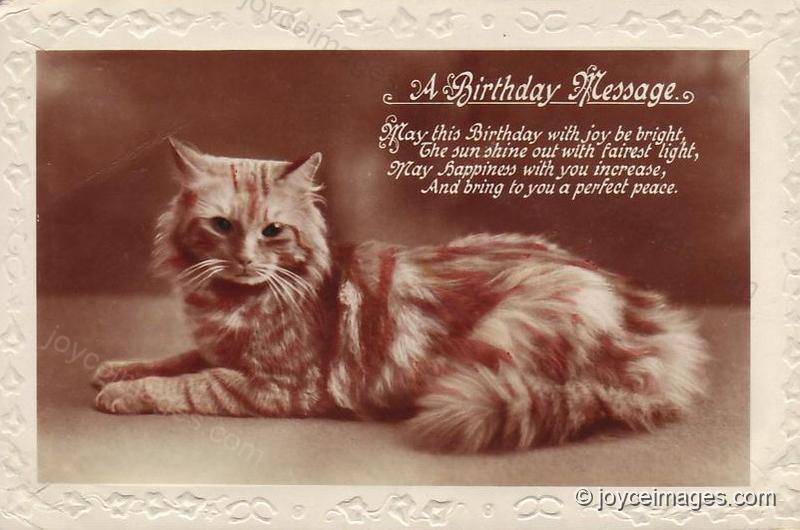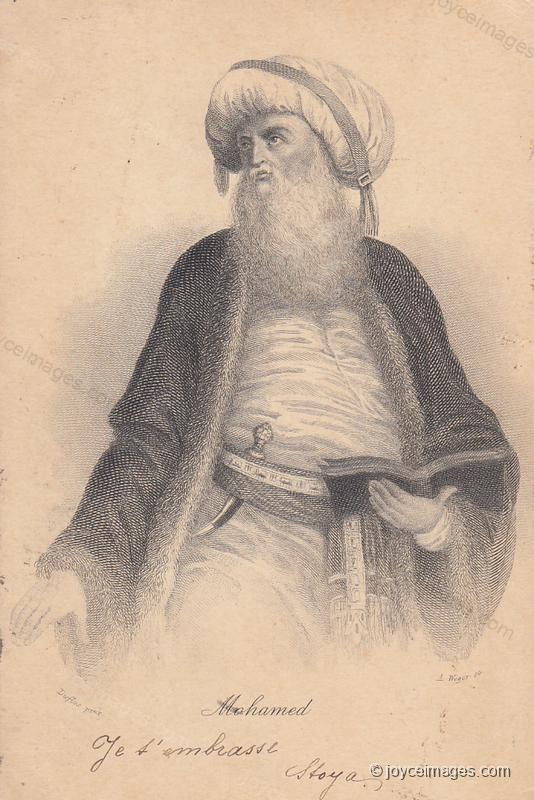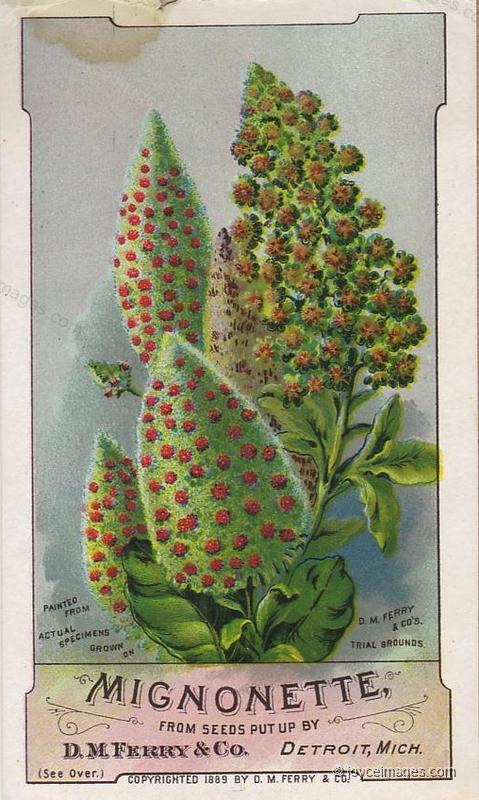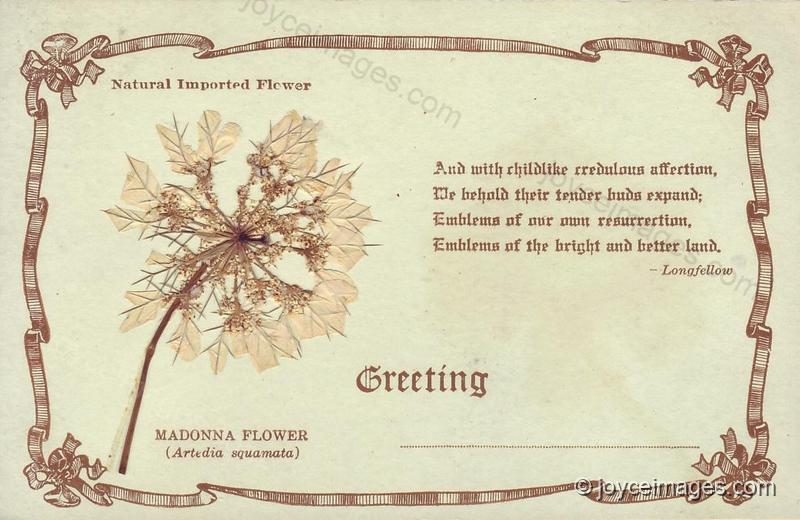"Poor papa! How he used to talk about Kate Bateman in that." (U5.197)
Kate Josephine Bateman (1842 - 1917) was an American actress. She was born in Baltimore, MD, the daughter of Hezekiah Linthicum Bateman (an actor and theatrical manager) and an actress mother. A child prodigy, she started on stage around the age of 5 in Louisville, KY, together with her sister Ellen. Between 1851 - 1854, they toured under the management of P.T. Barnum. After she outgrew her childhood career and matured as an actress, Kate achieved great success in the title role of 'Evangeline', a dramatization of Longfellow's poem (1860), and as Julia in 'The Hunchback' by Sheridan Knowles (1862). Her most famous role however was Leah in 'Leah the Forsaken', a play adapted specifically for her by Augustine Daly from a melodrama then popular in Vienna. Despite harsh reviews by critics, the play opened to an enthusiastic public in New York (1863). It remained Bateman's primary dramatic vehicle for many years. After 1892, she led a school of acting in London, and played minor roles. This CDV shows Kate Bateman as Leah around the time Rudolph saw her in London.
Kate Josephine Bateman (1842 - 1917) was an American actress. She was born in Baltimore, MD, the daughter of Hezekiah Linthicum Bateman (an actor and theatrical manager) and an actress mother. A child prodigy, she started on stage around the age of 5 in Louisville, KY, together with her sister Ellen. Between 1851 - 1854, they toured under the management of P.T. Barnum. After she outgrew her childhood career and matured as an actress, Kate achieved great success in the title role of 'Evangeline', a dramatization of Longfellow's poem (1860), and as Julia in 'The Hunchback' by Sheridan Knowles (1862). Her most famous role however was Leah in 'Leah the Forsaken', a play adapted specifically for her by Augustine Daly from a melodrama then popular in Vienna. Despite harsh reviews by critics, the play opened to an enthusiastic public in New York (1863). It remained Bateman's primary dramatic vehicle for many years. After 1892, she led a school of acting in London, and played minor roles. This CDV shows Kate Bateman as Leah around the time Rudolph saw her in London.
"Outside the Adelphi in London waited all the afternoon to get in. Year before I was born that was: sixtyfive." (U5.198)
The Adelphi Theatre is a 1500-seat theatre located on The Strand in the West End of London. It was founded in 1806 as the Sans Pareil (= Peerless). In 1819 it took on its present name from the Adelphi Buildings opposite. Actor William Terriss was stabbed to death in the theatre in 1897, and it is said that his ghost haunts the place. Terriss's daughter Ellaline and her husband Seymour Hicks managed the Adelphi for some years. It was bought in 1993 by Andrew Lloyd Webber.
The Adelphi Theatre is a 1500-seat theatre located on The Strand in the West End of London. It was founded in 1806 as the Sans Pareil (= Peerless). In 1819 it took on its present name from the Adelphi Buildings opposite. Actor William Terriss was stabbed to death in the theatre in 1897, and it is said that his ghost haunts the place. Terriss's daughter Ellaline and her husband Seymour Hicks managed the Adelphi for some years. It was bought in 1993 by Andrew Lloyd Webber.
"And Ristori in Vienna. What is this the right name is? By Mosenthal it is." (U5.199)
Adelaide Ristori (1822 - 1906), often referred to as the Marquise, was a distinguished Italian tragedienne. Her famous roles included Mary Stuart, Myrrha, Medea, Phaedra, Lady Macbeth, and Queen Elizabeth. The daughter of strolling players, she started on the stage as a child, and became quite famous in Italy. In 1855, she moved to France, and stirred great passions as a rival to the French actress Rachel; playgoers fought at gallery doors over the merits of their respective favourites. In 1856, she started a European tour including London, Madrid (and I presume Vienna). In 1866 she paid the first of four visits to the USA. She retired from professional life in 1885. This is an autographed card; such cards were sometimes handed out in the theater lobby to adoring fans after a performance.
Adelaide Ristori (1822 - 1906), often referred to as the Marquise, was a distinguished Italian tragedienne. Her famous roles included Mary Stuart, Myrrha, Medea, Phaedra, Lady Macbeth, and Queen Elizabeth. The daughter of strolling players, she started on the stage as a child, and became quite famous in Italy. In 1855, she moved to France, and stirred great passions as a rival to the French actress Rachel; playgoers fought at gallery doors over the merits of their respective favourites. In 1856, she started a European tour including London, Madrid (and I presume Vienna). In 1866 she paid the first of four visits to the USA. She retired from professional life in 1885. This is an autographed card; such cards were sometimes handed out in the theater lobby to adoring fans after a performance.
"Rachel, is it? No." (U5.200)
The play is 'Leah the Forsaken' (1863) by Augustin Daly, loosely translated and adapted from the German drama 'Deborah' by Salomon Hermann von Mosenthal. It takes place in 17c. Germany, and deals with the love of the Jewess Leah (Kate Bateman) for a young Christian farmer, Rudolf (Edwin Adams). The play gave Daly his first success and started him on a distinguished career. It also gave Kate Bateman her signature role.
In the Bible, Leah and Rachel were sisters, daughters of Laban, and wives of Jacob (Rachel being the favorite). Their story is told in Genesis 29-35.
The play is 'Leah the Forsaken' (1863) by Augustin Daly, loosely translated and adapted from the German drama 'Deborah' by Salomon Hermann von Mosenthal. It takes place in 17c. Germany, and deals with the love of the Jewess Leah (Kate Bateman) for a young Christian farmer, Rudolf (Edwin Adams). The play gave Daly his first success and started him on a distinguished career. It also gave Kate Bateman her signature role.
In the Bible, Leah and Rachel were sisters, daughters of Laban, and wives of Jacob (Rachel being the favorite). Their story is told in Genesis 29-35.
"The scene he was always talking about where the old blind Abraham recognises the voice and puts his fingers on his face." (U5.200)
"Nathan's voice! His son's voice! I hear the voice of Nathan who left his father to die of grief and misery in my arms, who left the house of his father and left the God of his father.
Every word is so deep, Leopold.
Poor papa! Poor man! I'm glad I didn't go into the room to look at his face. That day! O dear! O dear! Ffoo! Well, perhaps it was the best for him." (U5.203)
Every word is so deep, Leopold.
Poor papa! Poor man! I'm glad I didn't go into the room to look at his face. That day! O dear! O dear! Ffoo! Well, perhaps it was the best for him." (U5.203)
"Mr Bloom went round the corner and passed the drooping nags of the hazard. No use thinking of it any more. Nosebag time. Wish I hadn't met that M'Coy fellow.
He came nearer and heard a crunching of gilded oats, the gently champing teeth. Their full buck eyes regarded him as he went by, amid the sweet oaten reek of horsepiss. Their Eldorado. Poor jugginses!" (U5.210)
He came nearer and heard a crunching of gilded oats, the gently champing teeth. Their full buck eyes regarded him as he went by, amid the sweet oaten reek of horsepiss. Their Eldorado. Poor jugginses!" (U5.210)
"Damn all they know or care about anything with their long noses stuck in nosebags. Too full for words. Still they get their feed all right and their doss. Gelded too: a stump of black guttapercha wagging limp between their haunches. Might be happy all the same that way. Good poor brutes they look. Still their neigh can be very irritating.
He drew the letter from his pocket and folded it into the newspaper he carried. Might just walk into her here. The lane is safer." (U5.215)
He drew the letter from his pocket and folded it into the newspaper he carried. Might just walk into her here. The lane is safer." (U5.215)
"He passed the cabman's shelter. Curious the life of drifting cabbies: all weathers, all places, time or setdown, no will of their own. Voglio e non. Like to give them an odd cigarette. Sociable. Shout a few flying syllables as they pass. He hummed:
La ci darem la mano
La la lala la la." (U5.223)
La ci darem la mano
La la lala la la." (U5.223)
"He turned into Cumberland street and, going on some paces, halted in the lee of the station wall. No-one. Meade's timberyard. Piled balks. Ruins and tenements. With careful tread he passed over a hopscotch court with its forgotten pickeystone. Not a sinner." (U5.229)
"Near the timberyard a squatted child at marbles, alone, shooting the taw with a cunnythumb." (U5.232)
"And once I played marbles when I went to that old dame's school. She liked mignonette. Mrs Ellis's. And Mr? He opened the letter within the newspaper." (U5.236)
From the back of this card:
'Mignonette.
This is the perfume jar of the flower garden, a single plant in bloom filling the whole atmosphere around it with its delicate fragrance.
It is a well know, hardy annual about 1 foot high, producing its flowers on spikes from 3 to 6 inches long.
It is one of the most popular annuals grown. No garden should be without it.
If sown at intervals during spring and early summer, it will be in constant bloom till killed by frost.'
From the back of this card:
'Mignonette.
This is the perfume jar of the flower garden, a single plant in bloom filling the whole atmosphere around it with its delicate fragrance.
It is a well know, hardy annual about 1 foot high, producing its flowers on spikes from 3 to 6 inches long.
It is one of the most popular annuals grown. No garden should be without it.
If sown at intervals during spring and early summer, it will be in constant bloom till killed by frost.'

